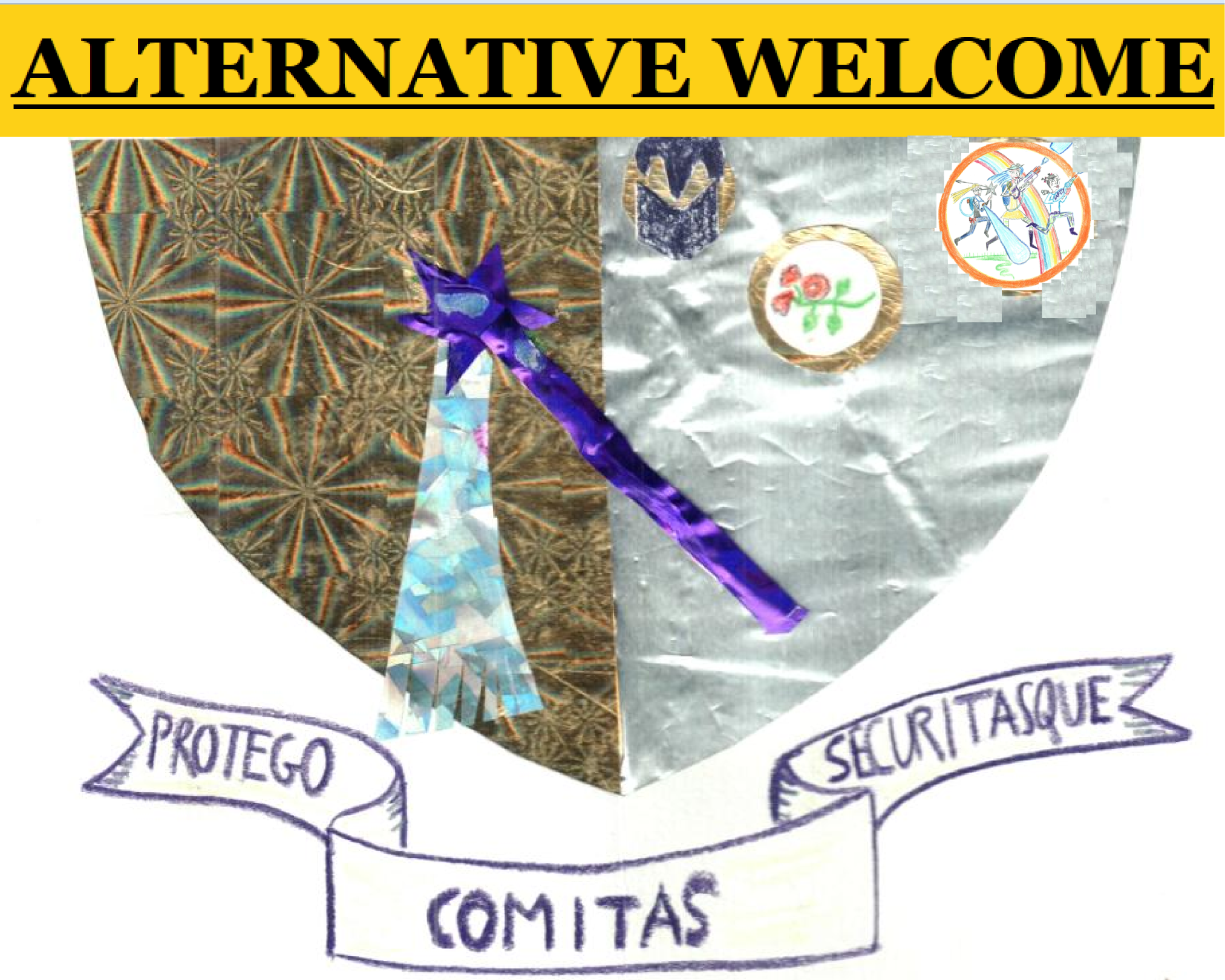 GRADUATE FRESHERS
GRADUATE FRESHERS

 GRADUATE FRESHERS
GRADUATE FRESHERS

Freshers Week is not exactly optimally designed for those in their early 20's who have, on the one hand, probably grown up, but on the other hand certainly don't know Cambridge and may well be intimidated by it both academically and socially.
Grad-freshers have less immediate peers, are somewhat less likely to be in College/Departmental Parenting schemes.
Grad-freshers have less free time, and sometimes arrive other than during Freshers Week.
Some of the university societies treat Graduates as second-class citizens, whether overtly, covertly or implicitly via substantial political exclusion - "almost all the committee posts are solely for undergraduates" is an occasionally written and often unwritten state of affairs.
WHAT CAN BE DONE ABOUT THIS: LEVEL 1
1) Grad Colleges and MCR's should be encouraged to offer suitable options in Freshers' Week.
2) They and Departments might consider that the improptu welfare value of undergraduate parenting extends to graduates.
3) Some kind of welcoming program should be available all year round to deal with graduates arriving at other times of the year and with people who do not assimilate on the `usual' timescale. Alternative Welcome can in some ways be regarded as a such, though far from everyone knows it is there and its resources are rather finite.
4) Those societies that are more inclusive of graduates should be encouraged to fly flags saying so, on squash emails, event announces and such as constituitions. Lists of such (and parallels, like "is equally inclusive of Anglia Ruskin", or "is equally inclusive of ex-uni and non-uni people) would be useful. This general concept is termed badging on this website; see here for more.
WHAT CAN BE DONE ABOUT THIS: LEVEL 2
5) Undergraduates almost everywhere have pigeonholes openly marked by year. This allows such as Welfare to go specifically to Freshers. It would take very little extra effort to mark Fresher Graduate pigeonholes differently, but this is not done. This means that organizations who wish well toward Graduate Freshers - probably the loneliest year-group in Cambridge - cannot do so with any specificity; we feel that this unfortunate obstruction should be pointed out and removed.
6) A survey should be carried out as regards what kinds of university societies graduates like (including at which they feel properly welcome at, given that some of the people running university societies have ageist rhetoric and practises - presumptions that 'societies are for undergraduates' or that 'most to all positions on university societies should be reserved for undergraduates'). If this identifies shortages of suitable societies, graduate freshers should be encouraged to start more societies. We personally strongly prefer for societies to be conscientious about whether their consititutions carry ageist or occupationist prejudices, and remove these. However, in cases where numbers interested are sizeable, or where the existing society doing that activity is too unshakeably in the hands of ageists, graduates could open graduate versions of that society, very preferably themselves staying free of ageist or occupationist rhetoric or practises. We know well what kinds of clauses on constitutions can prevent such as ageists from hijacking versions of societies that are set up in response to ageism elsewhere. For instance, societies can have voluntary as well as elected representatives, and it can then be stipulated that graduates are welcome to hold voluntary posts. That way they cannot be "voted out" by being outnumbered. And their constitutions can have clauses declaring that others who do the activities in question but without suitable inclusive provisions such as voluntary as well as elected posts or specific welcomeness to graduates have zero right to try to fuse with said society on false pretenses of the activity being more relevant than the social value of properly inclusive societies. Along with clauses that if such clauses are removed, the society ceases to have any valid claim over anykind of monopoly in the activity. In fact, rather, encouraging people to set up yet another society in that case which remains i) inclusive and ii) wise as regards implicit exclusions and majoritarian prejudices so that it is resilient against being overrun by unscrupulous ,or inclusion-wise ignorant, people.
7) A survey should be carried out as to how existing graduates would have felt more at home upon arrival, and what they would have liked to see done for them during graduate freshers week and beyond.
8) To what limited extent is possible, Alternative Welcome run a soc-parenting scheme parallel to college parenting, which can be joined at any point in the year; one sizeable use for this, then, is for it to be used by those fresher graduates who would have liked to have college parents but didn't get any because their college didn't have a parenting scheme for graduates.
[To join SOFTPOMS who wrote this, join the https://www.srcf.net/mailman/listinfo/softpoms-general email list and abide by the sketch of our Constitution.]